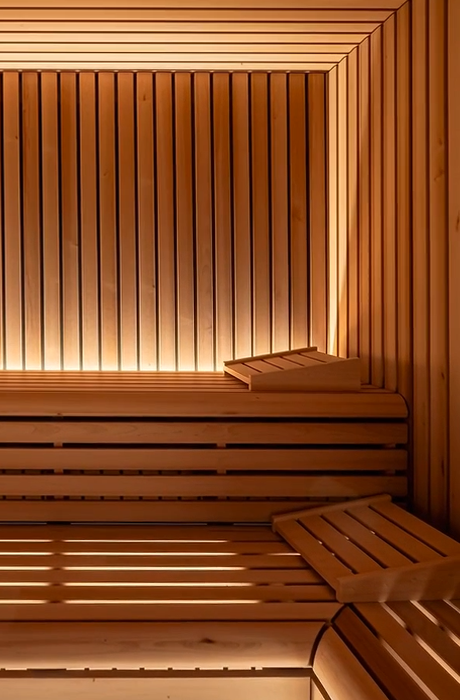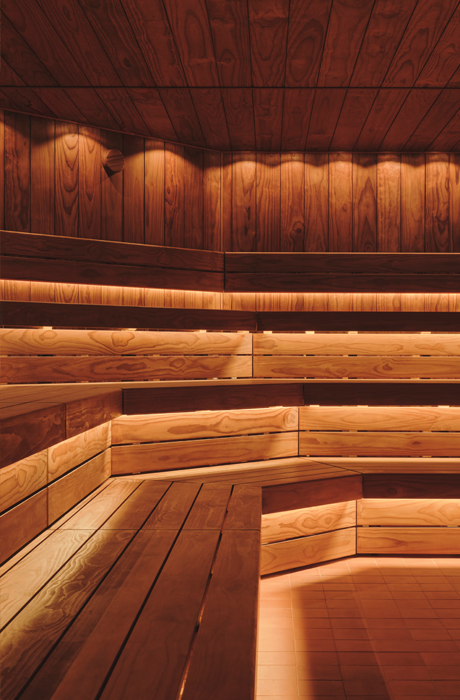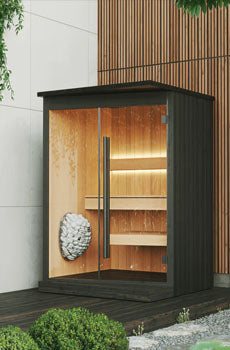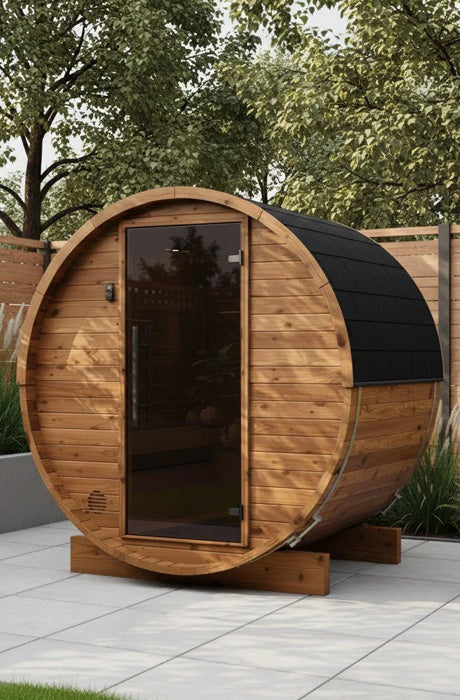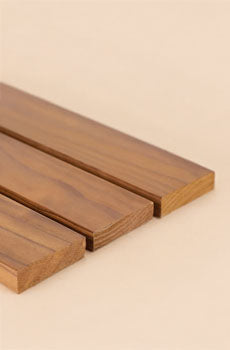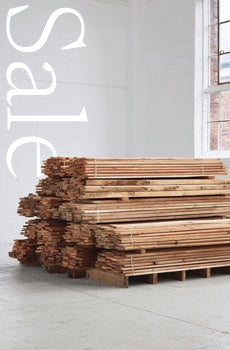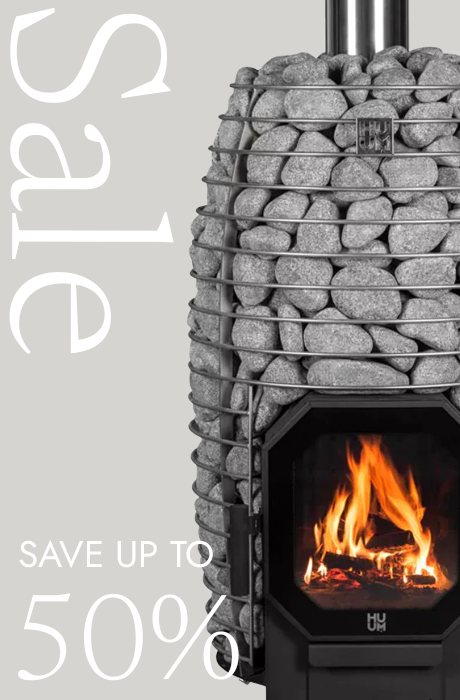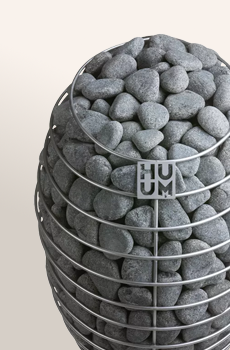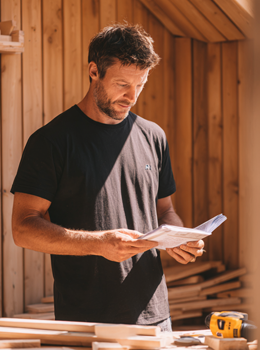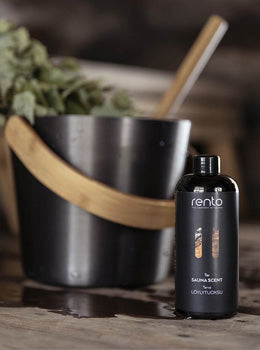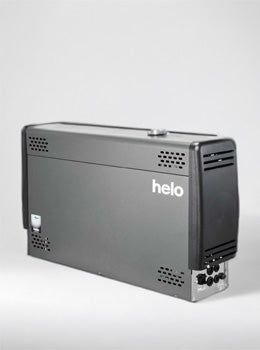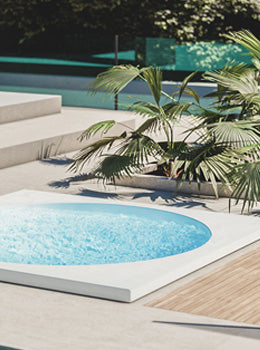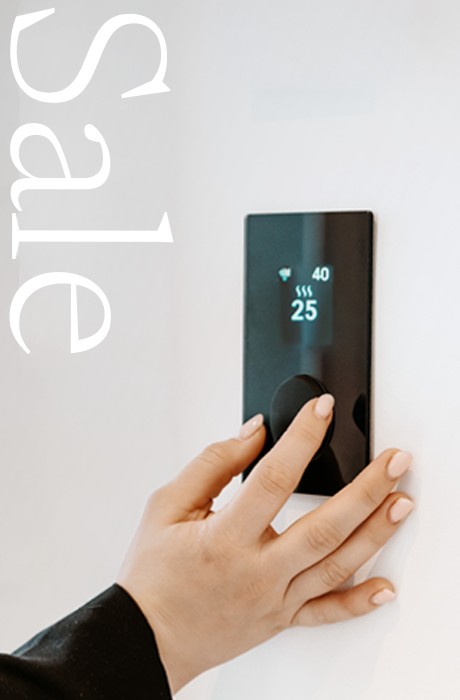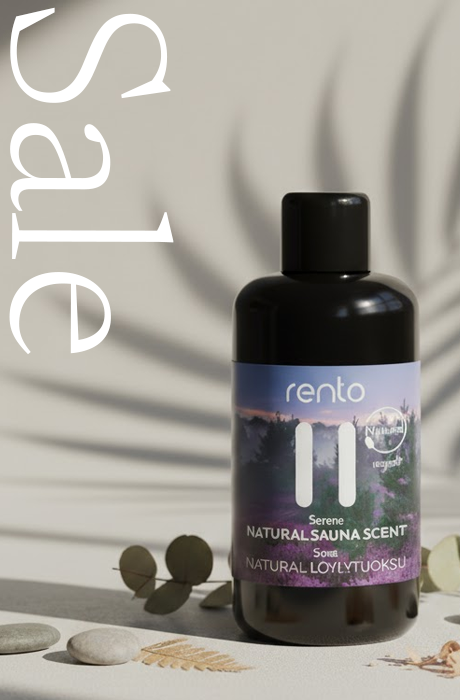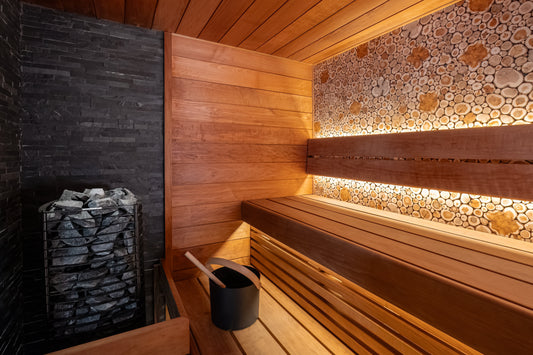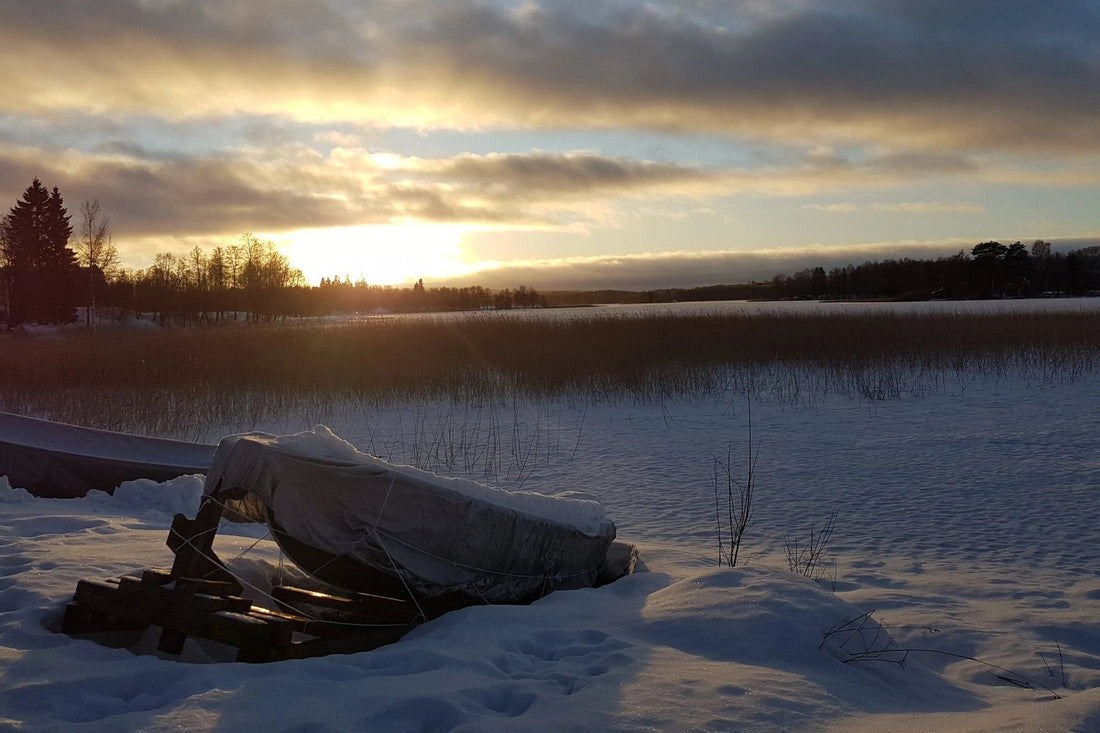
The Finnish Speciality of “Sisu”, Small Challenges & Cold Water Plunges
One of the unique s- letter words that define Finnishness amongst sauna and salmiakki- salty liquorice- is “Sisu.” Sisu does not directly translate into any other language. However, it may be the most paramount word of Finnish that also characterises the spirit of the Nordic nation. The concept of sisu has been discussed in books and more recently, researched within academia. Sisu and its cultural meaning have raised curiosity all over the world. The New York Times first wrote about it in 1940 in an article “Sisu: A Word That Explains Finland” [1]. Though there is a whole lot to the meaning of sisu, it is often referred to as resilience, courage and grit. Sisu researcher Emilia Lahti defines it as a construct that describes “the enigmatic power that enables individuals to push through unbearable challenges” (2019, p.61) [2].

Wellbeing:
Joanna Nylund, the author of the book “Sisu: The Finnish Art of Courage” (2018) says that a good amount of sisu- attitude can complement our overall wellbeing and guide us in becoming more determined. Similarly, Katja Pantzar who has written the book “The Finnish Way: Finding Courage, Wellness, and Happiness Through the Power of Sisu” (2018), accredits sisu for its capability to help us be happier and healthier in the everyday life. Sisu characterises Nordic lifestyle and its simplicity. It’s also linked to sauna culture and what it entails.
Simple Happiness & Small Challenges:
Finland has been named the happiest country in the world for the past three years. Though there are several factors behind these results, a part of the secret lies in simplicity. The importance of nature, spending time outdoors and a bit of sisu- attitude are often brought up amidst other reasons for the happiness of Finns. The great thing is that sisu can be practised by anyone.The sisu we all have can be evoked by doing something that presents us with a challenge. This can be either a physical or a mental hurdle to overcome. Anything from reserving more time for outdoor activities despite the weather to starting a new hobby, or learning a language are ways to help us move away from our comfort zones. Most people use sisu on a daily basis without even thinking about it. To up- game the sisu practice, cold-water plunges will certainly require some courage and determination at the first go.

Cold Water Exposure:
Ice swimming, cold-water plunges or even cold showers are often included as a part of the sauna ritual. Cold exposure is an efficient way to release stress, boost the immune system and strengthen the inner sisu. As with many new things, immersing yourself in cold water can be challenging when starting out. Rarely will anyone jump into icy water or turn the shower to maximum cold early in the morning without a little hesitation. However, consistently doing so is found to have beneficial effects. When sauna bathing is combined with a cold-water plunge or an ice-cold shower as a substitute, it increases endorphin levels (Kukkonen-Harjula et al., 2006) [3] and stress is released. Cold water exposure is also a good way to release tension from sore muscles, reduce pain and improve recovery. Professional athletes don’t bathe in buckets of ice for no reason.

Outdoors and Sauna- All Year Round:
Outdoor activities are integral to a Finnish winter and are also linked to sisu and general well-being. Finns enjoy ice-hockey, skiing and sledging, and will commonly bike or walk to work even if it’s -20 degrees outside. Just a short period of time out in nature can make a difference to our overall mood by lowering perceived stress levels (Tyrvainen et al., 2014) [4]. Outdoor saunas that are in close proximity to a lake or the sea can be found across the country and are easily accessible to anyone who wants to experience the combination of nature, sauna and a cold plunge. Sauna bathing and swimming outdoors have multiple health benefits, especially when combined. You can practice sisu by starting with small daily habits. It should then slowly become easier to combat bigger challenges.
References:
[1] Strode, H. (1940, January 14th) ‘Sisu: A Word that Explains Finland’ New York Times. Available at: https://www.nytimes.com/1940/01/14/archives/sisu-a-word-that-explains-finland.html.
[2] Lahti, E. (2019) ‘Embodied fortitude: An introduction to the Finnish construct of Sisu’ International Journal of Wellbeing, Vol 9 (1), pp.61-82.
[3] Kukkonen-Harjula, K and Kauppinen, K (2006) ‘Health effects and risks of sauna bathing’ International Journal of Circumpolar Health, Vol 65 (3), pp. 195-205. Available at: https://www.tandfonline.com/doi/abs/10.3402/ijch.v65i3.18102.
[4] Tyrvainen, L., Ojala, A., Korpela, K., Lanki, T., Tsunetsugu, T. & Kagawa, T. (2014) “The Influence of Urban Green Environments on Stress relief Measures: A Field Experiment”, Journal of Environmental Psychology, Vol 38, pp.1-9. Available at: https://www.sciencedirect.com/science/article/abs/pii/S0272494413000959.
